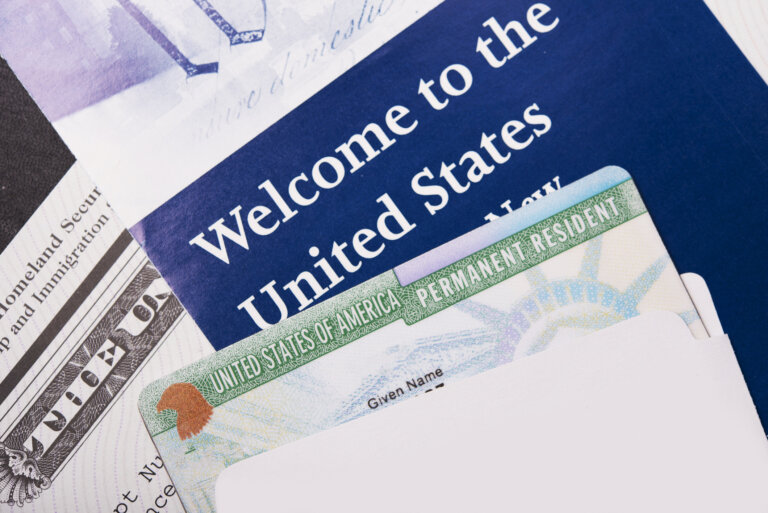As we edge closer to the H-1B visa season, a common dilemma faces many looking to work in the U.S.: should you apply for an H-1B work visa or aim directly for a green card under the EB-3 category? This decision is crucial for your career path and future aspirations in the United States. Let’s explore the contrasts between these two options and help you choose wisely.
Understanding the H-1B Visa
The H-1B visa serves as a beacon of hope for professionals worldwide, offering a gateway to work in the U.S. It is designed for specialty occupations that require at least a bachelor’s degree or its equivalent in professional experience. Valid initially for three years, with the possibility of an extension for another three, the H-1B visa allows for a maximum stay of six years, with certain exceptions permitting further extensions.
However, the H-1B visa process is competitive, capped at 85,000 visas annually, divided between 65,000 for general applicants and 20,000 for those with advanced degrees from U.S. institutions. Due to its lottery system, many find this path challenging, especially with over 250,000 applicants in recent years.
The EB-3 Green Card: A Permanent Solution
Similarly, the EB-3 category provides a more lasting option, serving professionals, skilled workers, and other workers (including those doing unskilled labor that requires less than two years of training. The main point is the job offer must be permanent, and employers must show through a labor certification process that hiring a foreign worker does not harm U.S. workers.
The EB-3 path is not subject to a lottery, allowing applications year-round. This flexibility can be particularly appealing for those already in the U.S., such as students or workers on other visas. However, patience is a virtue here, as the process can span years due to priority date wait times, especially for applicants from countries with high demand.
Pros and Cons: A Quick Comparison
H-1B Visa:
Pros: Faster entry into the U.S. job market; allows for job mobility within the H-1B category; spouses and children can accompany under the H-4 visa.
Cons: Competitive lottery system; temporary, with a maximum stay of six years unless extended under specific conditions; does not directly lead to permanent residency.
EB-3 Green Card:
Pros: Offers permanent residency; no annual cap or lottery; applicable for a wider range of employment situations, including unskilled labor.
Cons: Potentially lengthy process; dependent on labor certification and priority dates; less flexibility in job mobility initially.
Making the Right Choice
You should consider your long-term career goals, immediate job opportunities, and personal circumstances when choosing between the H-1B visa and the EB-3 green card. The H-1B visa might be a good choice if you want to work in the U.S. right away and have the flexibility to change jobs. However, if you’re aiming for permanent residency and don’t mind a longer process, the EB-3 green card might be a better option.
Final Thoughts
No matter what option you pick, it’s important to stay up to date and thoroughly prepare for the application process. The immigration landscape is always changing, with new policies and rules introduced often. Being aware of these changes and seeking professional help when needed can greatly improve your chances of success.
Remember, whether you’re seeking the flexibility of the H-1B visa or the permanency of the EB-3 green card, the key is to plan smartly and act quickly. We wish you all the best on your journey to working in the U.S.!
If you or your family members have any questions about how immigration and nationality laws in the United States may affect you, or if you want to access additional information about immigration and nationality laws in the United States or Canada, please do not hesitate to contact the immigration and nationality lawyers at NPZ Law Group. You can reach us by emailing info@visaserve.com or by calling us at 201-670-0006 extension 104. We also invite you to visit our website at www.visaserve.com for more information.

